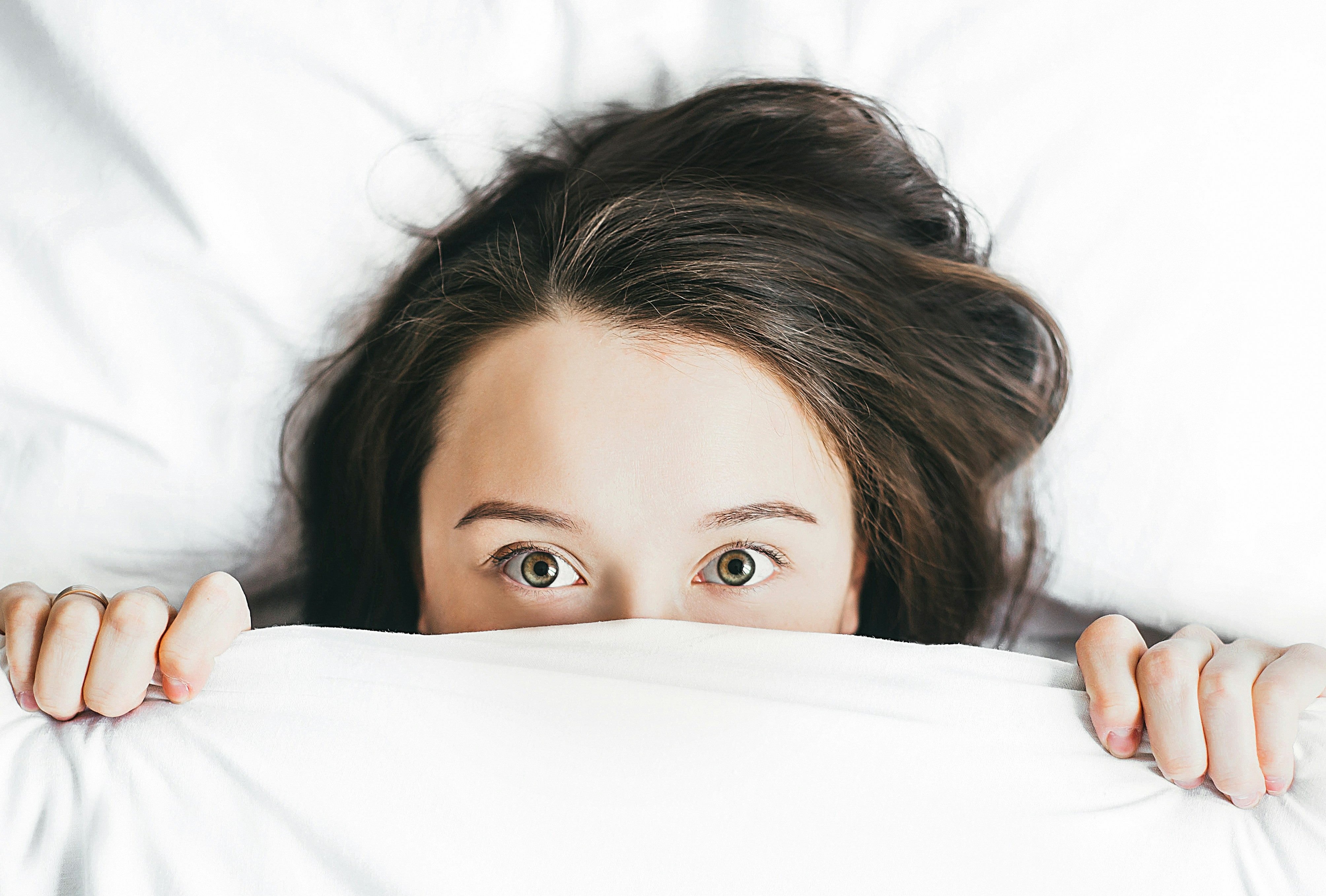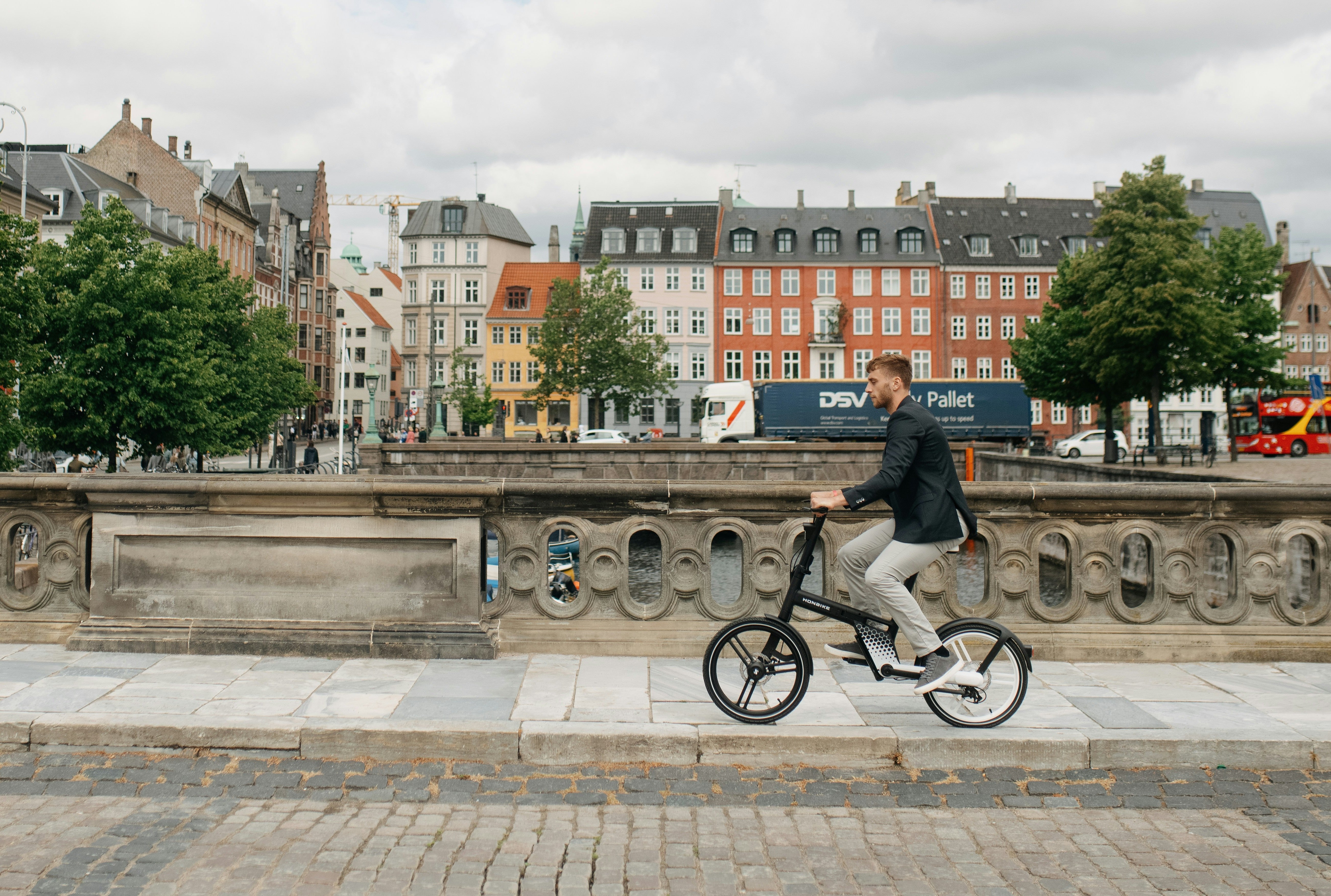Healthy or Hype: Mouth Taping

From green powders to ice baths, viral health hacks seem to pop up on our feeds daily. The latest to make waves? Mouth taping — the practice of literally taping your mouth shut at night to encourage nasal breathing. Social media influencers, biohackers, and even some wellness coaches swear it improves sleep quality, energy, and overall health. But does it really work, and more importantly, is it safe? Let’s break it down in this week's Healthy or Hype blog by Living Juice.
What Is Mouth Taping?
Mouth taping involves placing a piece of porous medical or skin-safe tape over your lips before bed to keep your mouth closed. The idea is simple: by preventing mouth breathing, you force your body to breathe through your nose while sleeping.
Nasal breathing is considered healthier than mouth breathing because it:
- Filters and humidifies incoming air
- Helps regulate airflow
- Supports better oxygen exchange
- May reduce snoring
Supporters of mouth taping claim it leads to deeper, more restorative sleep, fewer dry-mouth mornings, and improved energy during the day.
Why People Are Trying It?
Mouth taping has gone viral for a few reasons, including:
- Sleep quality: Advocates say they wake up less groggy and more refreshed.
- Oral health: Nasal breathing reduces the risk of dry mouth, which can lower the chance of cavities and bad breath.
- Athletic performance: Though not studied extensively, some athletes practice nasal breathing for perceived better endurance and recovery, so the logic is being extended to sleep.
- Quick fix: Like many viral health hacks, it looks simple, cheap, and DIY-friendly.
What Does the Science Say?
Here’s where things get tricky: while nasal breathing is widely recognized as beneficial, there’s very little scientific research specifically on mouth taping during sleep.
- Nasal breathing benefits: Studies show nasal breathing can improve oxygen uptake and reduce sleep-disordered breathing in some cases.
- Snoring & sleep apnea: A small 2022 study suggested mouth taping might reduce snoring in people with mild sleep apnea — but it’s far from conclusive and not considered a first-line treatment.
- Dry mouth relief: Anecdotally, many report waking up with less dryness, but large-scale clinical trials are lacking.
Most of what we know comes from personal experiences rather than robust data.
The Risks of Mouth Taping
Here’s the part viral videos don’t always show. Mouth taping can pose real risks, especially if you have undiagnosed sleep issues:
- Sleep apnea dangers: If you have sleep apnea, blocking your mouth could actually make symptoms worse or more dangerous.
- Breathing difficulties: Congestion, allergies, or structural issues (like a deviated septum) can make nasal breathing hard — and taping your mouth may leave you struggling for air.
- Skin irritation: Even with gentle tape, some people experience rashes or discomfort around the lips.
- Anxiety or claustrophobia: The sensation of having your mouth taped shut can be unsettling for some.
Health or Hype Verdict
So, is mouth taping health or hype?
The Health: Mouth taping draws attention to the benefits of nasal breathing, which is genuinely good for overall health.
The Hype: Taping your mouth shut is not a universally safe solution. There’s little research, and potential risks outweigh the trend for many people.
If you’re curious about improving your breathing or sleep, safer alternatives include:
- Practicing nasal breathing exercises during the day
- Using a saline rinse or humidifier to reduce nasal congestion
- Talking to a sleep specialist if you snore heavily or suspect sleep apnea
Mouth taping may look like a quick fix for better sleep on social media, but the science hasn’t caught up with the hype. While nasal breathing is clearly beneficial, there are safer, more evidence-based ways to encourage it without taping your lips shut.
As always with viral wellness trends, proceed with caution — and when in doubt, check with a healthcare professional before trying the latest TikTok hack.




